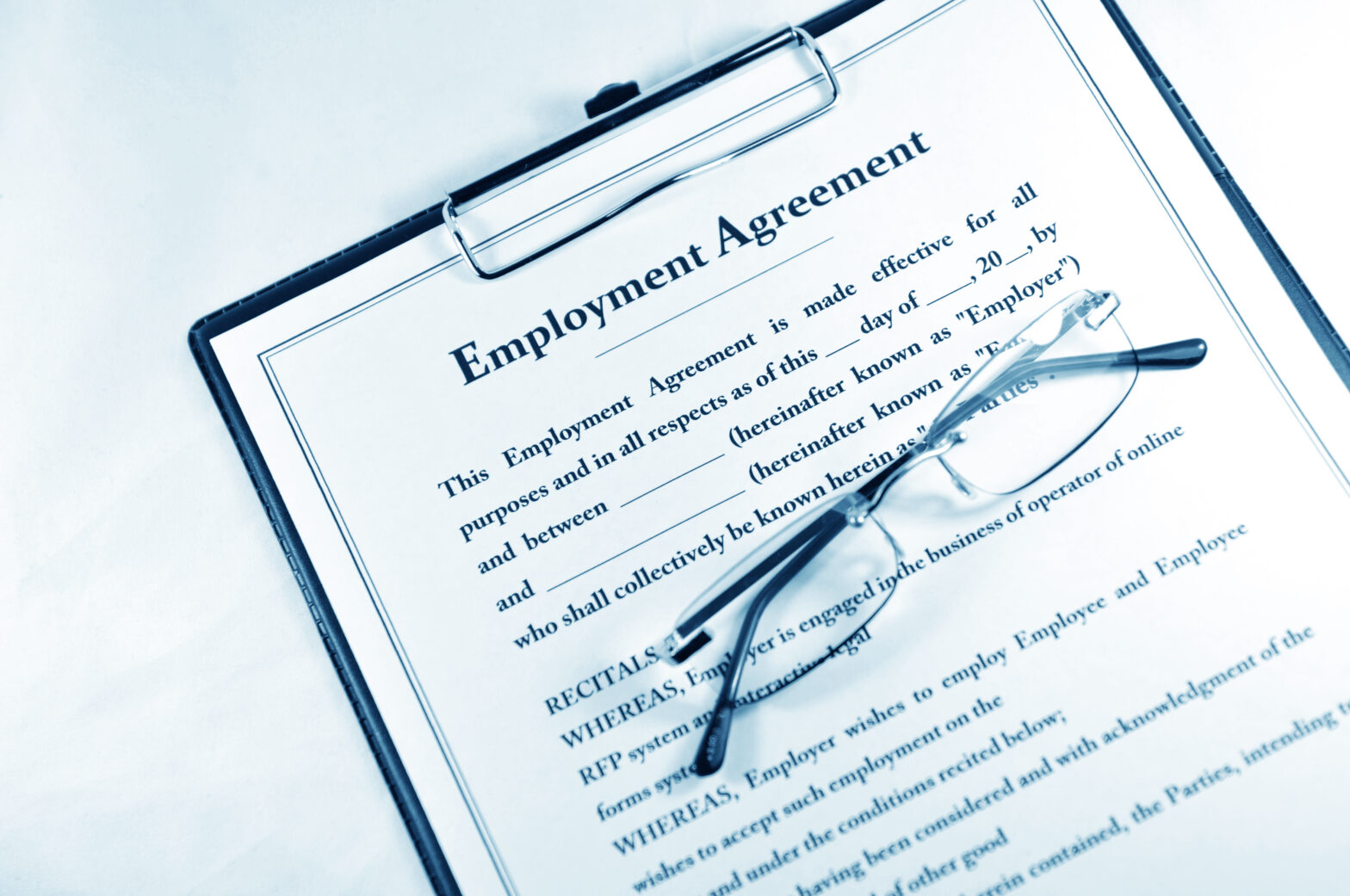According to new research from energy company E.ON, the average SME employee works overtime three days a week, and almost a quarter (22 per cent) admit that most or all of the lights are kept on when they are the last person in their workplace.
Responsibility for switching off at the end of the working day is left to individuals in most cases, with only a small number of workplaces operating timer systems for lights (5 per cent), air conditioning (9 per cent) or heating (25 per cent).
Most people (62 per cent) believe switching the heating and lighting off is the responsibility of the last person in the office, but a quarter (23 per cent) see it as the specific responsibility of others including office managers, cleaners and security staff.
See also: Your overtime pay and working rules questions answered
Anthony Ainsworth of E.ON says, ‘At an average of two hours a day, three days a week, it’s clear Britain’s workforce is going significantly beyond the call of duty – and while this can be good for business there are also negative implications.
‘Working very long hours can impact on employees’ wellbeing and lifestyle, preventing people from achieving a healthy work/life balance, but it can also prove costly.’
Ainsworth adds that many businesses remain fully lit, heated and air conditioned after hours – sometimes for just one employee.
‘With the extent of overtime being carried out across the UK on a daily basis, this has the potential to add significantly to energy bills.’
According to the latest Eurostat report on full-time employment, Britons work more hours per week than any over European nation. At an average of 42.2 hours the UK is well above average, outstripping other big economies such as Germany (40.7), France (39.5) and Italy (38.8).





